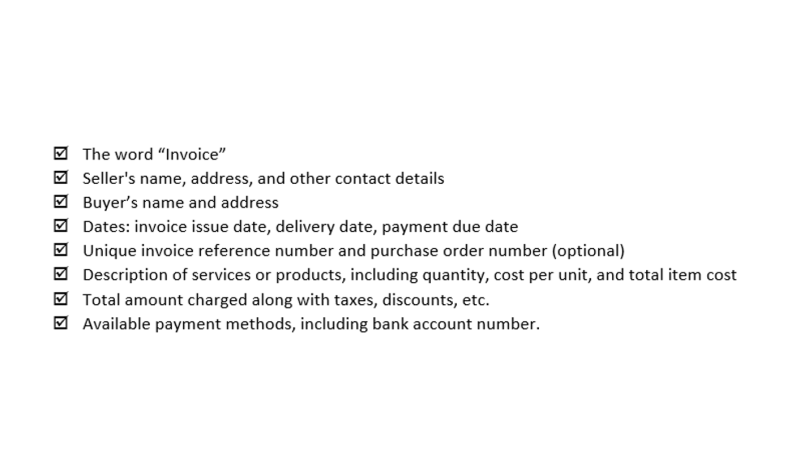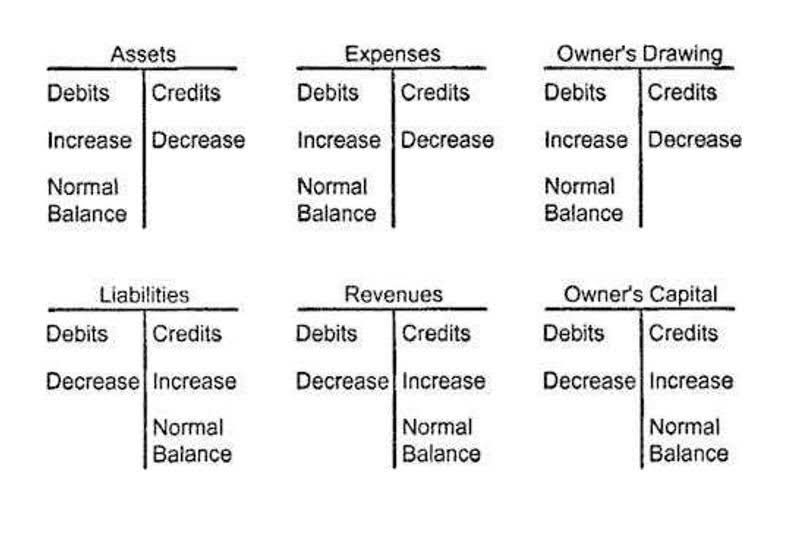Bookkeeping
What is The Role of The FASB?

Discover the new lease accounting standards and gain insights into implementation, examples, and compliance. International Financial Reporting Standards (IFRS), the accounting standards established by the IASB, are followed by almost 110 countries. The FASB is an active contributor to the development and creation of the IFRS, along with maintaining GAAP, its own accounting standards.
- Discover the new lease accounting standards and gain insights into implementation, examples, and compliance.
- The FASB is successful in finding these accounting discrepancies by monitoring the issue, and then modifying the current accounting issue at hand.
- Established in 1973, the Financial Accounting Standards Board (FASB) was originally created to step in the shoes of the Accounting Principles Board, which served the same purpose as FASB from 1959 to 1973.
- The Financial Accounting Standards Board (FASB) sets the accounting standards needed for businesses in the U.S.
- Congress passed the Securities Exchange Acts of 1933 and 1934 to prevent companies from misleading investors with fraudulent financial statements.
- Members of the FAF are also responsible for appointing board members to the FASB.
Percent Complete Method in Construction Accounting
- By doing so, FASB ensures that financial statements are prepared in a consistent manner, facilitating comparability across different organizations and industries.
- Board members are appointed by the FAF’s board of trustees for five-year terms and may serve for up to 10 years.
- As we stated previously, having finance reports and accounting practices that follow FASB guidelines is a must regardless of your business’s size, stage, or revenue.
- Many countries have written or revised their accounting standards to more closely match the International Financial Reporting Standards (IFRS), which were influenced by FASB’s GAAP.
- An example of a newly created accounting principle is the disclosure principle, which gives a company the right to publicize its details and structure of costs incurred in the year.
- Due to the global nature of businesses today, the FASB and IASB often cross paths due to overlap in businesses, helping foster cooperation on the issue of improving global accounting standards.
The International Accounting Standards Board (IASB) and the Financial Accounting Standards Board (FASB) are pivotal in shaping global financial reporting standards. Their guidelines influence how companies disclose financial performance, impacting transparency, comparability, and decision-making for investors worldwide. Another goal of the FASB is to ensure that stakeholders and potential investors are provided with the most accurate information possible prior to making an investment decision through the use of standardized financial accounting and reporting. The accounting standards advisory council now requires companies to submit revenue reports during set periods.
Company

Through these collaborative efforts, the FASB is able to achieve its mission of creating new financial reporting and accounting standards while also improving the existing accounting standards. Collectively, the organizations’ mission is to improve financial accounting and reporting standards so that the information is useful to investors and other users of financial reports. The FASB, on the other hand, is a private-sector entity that establishes accounting standards for public companies and non-profit organizations. Its primary goal is to develop and improve generally accepted accounting principles in the United States to ensure consistency and transparency in financial reporting.
What Are the Roles of the SEC & FASB?

The organizations also educate stakeholders on how to understand and implement the standards most effectively. This joint effort aimed at creating a single set of high-quality global accounting standards, making it easier for investors and other stakeholders to understand and compare financial statements across borders. The FASB (Financial Accounting Standards Board) and GAAP (Generally Accepted Accounting Principles) share a close relationship, with FASB being the organization responsible for establishing and updating GAAP. As the authoritative body for accounting standards in the United States, FASB’s mission is to create and maintain a comprehensive set of accounting what does the fasb do principles that ensure transparency and consistency across financial reporting. This makes FASB a vital organization that sets and refines accounting standards to ensure clear, consistent, and transparent financial reporting.

Leases (balance sheet)
The change furthers the FASB’s goal of keeping up-to-date financial information on a company’s total revenue truthful. The SEC recognizes FASB as the sole organization liable for creating and regulating all QuickBooks accounting and financial standards for public companies and suggests that private companies follow these standards as well. However, only the SEC has the authority to enforce these rules set by the FASB. When establishing and improving standards, the SEC may give recommendations, but the FASB is not required to implement them. Companies affected by any changes can submit suggestions and options to the FASB for consideration. These acts established the Security Exchange Commission or the SEC and give it the power to create accounting standards in the United States.

Financial Accounting Standard Board (FASB): Everything You Need to Know
Because the FAF is an independent entity with no stakes in specific outcomes, the FAF’s boards can make objective decisions on accounting standards without being swayed by industrial lobbying groups or political pressure. The FASB can guide these unaware organizations on how to implement the standards most Travel Agency Accounting effectively. Before the FASB was implemented, the Accounting Standards Board was in place – where it laid the groundwork for several other pivotal organizations tied to accounting and reporting standards, such as the GAAP. Without the Accounting Standards Board, ground rules for transparency and consistency in accounting, reporting, and financial statements wouldn’t have been as well established when the FASB came about.
